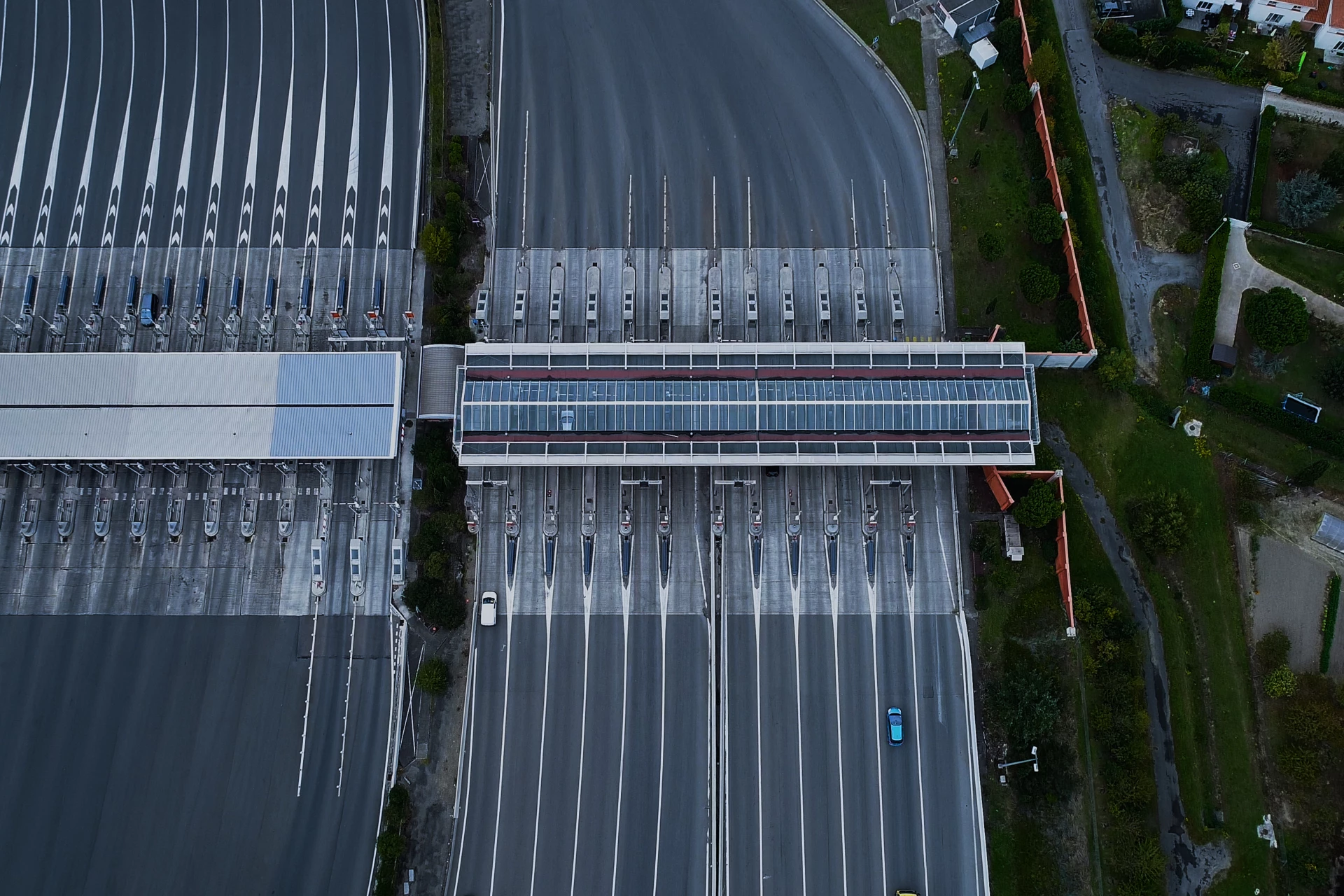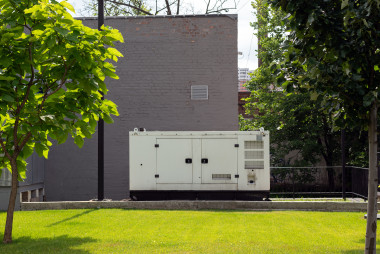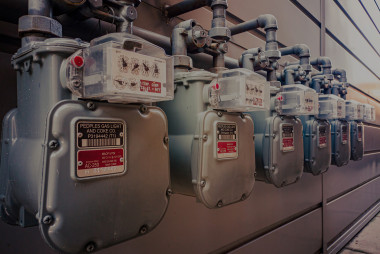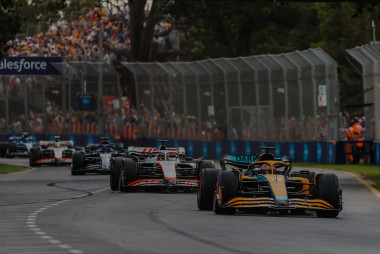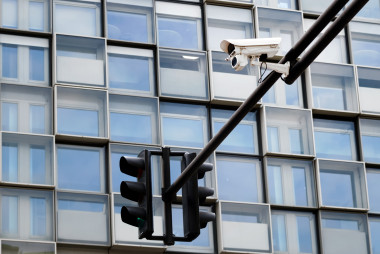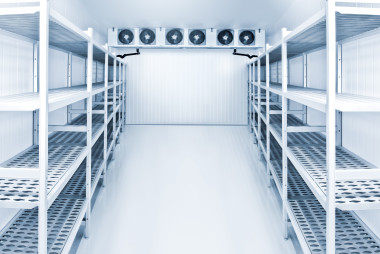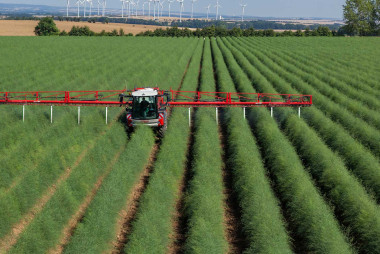SUMMARY
According to the leading provider of market and consumer data company – Statista, in 2018 there were more than 24 million commercial vehicles made worldwide. The logistics market is so vast that it is valued more than 5.5 trillion US dollars. Naturally, this incomprehensible scale of vehicles on our roads and motorways is one of the main reasons impacting road maintenance expenditure. Traditionally, the public sector is covering at least part of road maintenance costs with road tax systems. Also, some countries are installing systems that require every, even lightweight car to pay a road tax.
CHALLENGE
There are multiple ways of how road taxes are being collected, but the two most common ones are barrier control and automatic toll systems. In the case of the barrier control, the car driver must pay after crossing every barrier at a pay toll section. On the other hand, in the case of automatic toll collection, everything is done via the Internet, when a driver purchases electronic vignette for automatic scanners at highways or pays the toll according to actual use recorder by number plate cameras. Both ways require a reliable and secure connection to the Internet. Since most installations are present in remote areas, motorways – ensuring reliable connectivity is a significant challenge, due to expensive cabling works and costly maintenance of wired internet infrastructure.
SOLUTION
Since the road taxation system requires constant, uninterruptable internet connectivity, generally, any wired Internet infrastructure is backed up by a cellular Internet connectivity option as well. This way, solution architects provide reliable and secure Internet access and remote maintenance. RUTX09 is a professional cellular router that is the perfect solution for road tax systems due to its wide array of features. It is equipped with two SIM cards, which provide uninterruptable internet connectivity in case one cellular data operator suffers service disruptions. In addition, gigabit ethernet interfaces provide connectivity for payment terminals inside payment tolls stations and for CCTV cameras, which are installed for license plate reading or security. In case of having a road with automatic vignette scanners, integrators use industrial cellular gateways TRB140 since they provide a cost-effective connectivity solution for the laser scanners that are connected using an Ethernet interface for communication. Overall, the information is passed to the road tax controlling system remotely. Furthermore, you can be sure to have all the latest information about how routers and gateways are performing via the Teltonika Networks Remote Management System software (RMS).
TOPOLOGY
BENEFITS
- Easy to deploy – using RUTX09 or TRB140 there is no need to install any additional Internet cables in remote areas, which would be extremely costly
- Security – both RUTX09 and TRB140 are equipped with advanced security features, including firewall and multiple VPN options.
- Remote control and monitoring – with RMS, companies can easily change configurations and check the overall health of the whole solution, furthermore, RMS can send notifications and information about any undesirable issues.
WHY Teltonika Networks?
Teltonika Networks’ core product development values are reliability, security, and ease of use. These three main features are essential for the road tax infrastructure industry. Besides, professional cellular solutions are fast and easy to deploy, allowing solution integrators to move fast and do more with their project budgets in comparison with traditional cable infrastructure deployments. Finally, both RUTX09 and TRB140 have the full set of firmware features allowing complex networking solutions.
Rekomenduojamas gaminys
RUTX09Mobiliojo ryšio greitis iki 300Mbps su nešlių agregacija
Automatinio persijungimo, atsarginio WAN bei kiti scenarijai
4 Gigabitiniai eterneto lizdai, palaikantys iki 128 prievadais ar žymomis pajungtų VLAN
Pasaulinė navigacijos palydovų sistema - vietos nustatymui ir laiko sinchronizavimui
